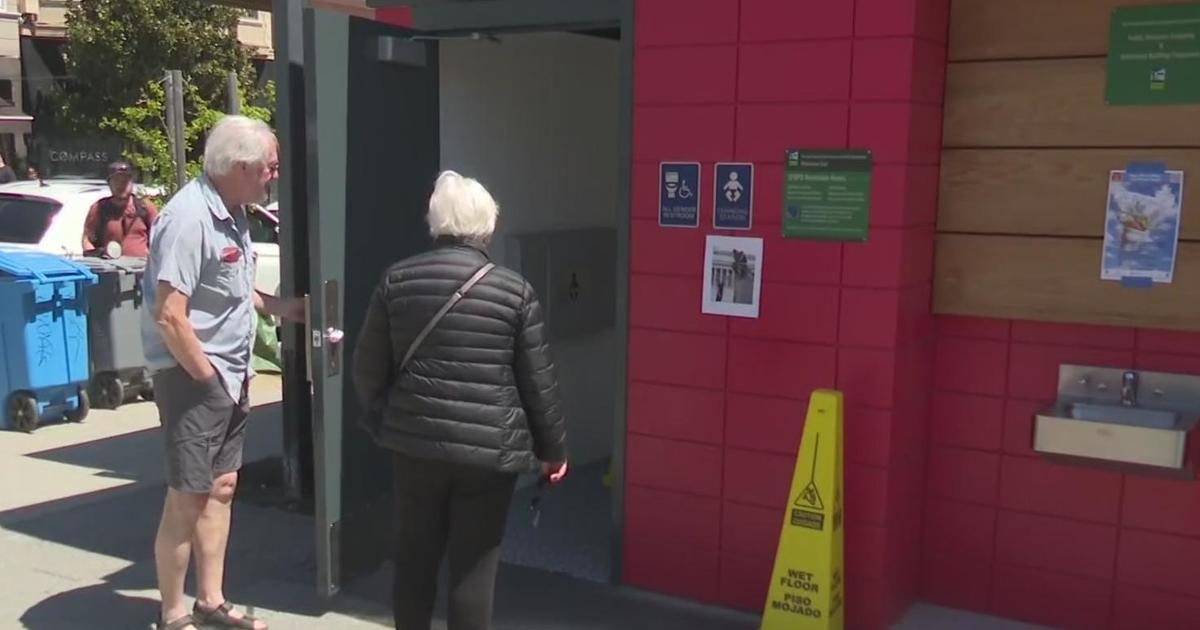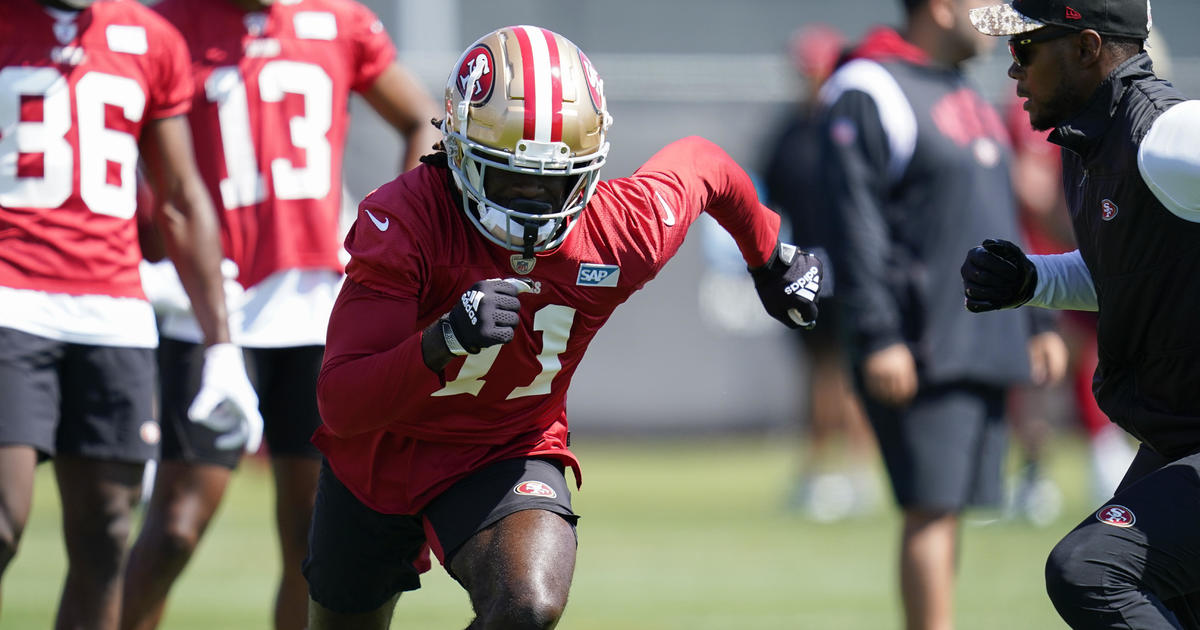San Francisco Company Bungled Ebola Response In Africa, Investigation Finds
SAN FRANCISCO (CBS / AP) — A U.S. company assigned a crucial role in the efforts to battle Ebola in Sierra Leone made a series of costly mistakes during the 2014 outbreak, an Associated Press investigation has found.
Staffers with the San Francisco-based company, Metabiota Inc., not only misread the epidemic, they contributed to botched lab results, undermined partners and put people at risk of the terrifying virus, according to leaked documents and interviews with international health responders.
The company had been tapped by the World Health Organization and the Sierra Leonean government to help fight Ebola. But internal emails from WHO and other international health agencies obtained by AP show senior scientists were alarmed at a spate of problems in a lab shared by Metabiota and Tulane University.
"This is a situation that WHO can no longer endorse," WHO outbreak expert Dr. Eric Bertherat wrote in a July 17, 2014, email to colleagues.
Bertherat relayed reports of "total confusion" in the government lab split between Metabiota and Tulane at the Kenema hospital in Sierra Leone, noting there was "no tracking of the samples" and "absolutely no control on what is being done." He said the flubbed results were particularly dangerous given suspicion among the local population that international workers were spreading Ebola deliberately.
Metabiota chief executive officer and founder Nathan Wolfe said no evidence shows his company was responsible for the lab blunders, that the reported squabbles were overblown and that any predictions made by his employees who were on loan to the Sierra Leonean government didn't reflect the company's position. He said Metabiota doesn't specialize in outbreak response and that his employees performed admirably amid the carnage of the world's biggest-ever Ebola outbreak.
"We are incredibly proud about everything they did," he said at an interview in his office Thursday. "These are individuals who took substantial personal risk and worked incredibly long hours."
Metabiota's problems mirror the wider mismanagement that hamstrung the world's response to Ebola, which has killed upward of 11,000 people. Previous AP reporting has shown that WHO resisted sounding the alarm over Ebola for two months on political, religious and economic grounds and failed to put together a decisive response even after the alert was issued.
Metabiota bills itself as a pioneer in tracking emerging viral threats and says it works to "improve the world's resilience to epidemics." The firm and its nonprofit sister company, Global Viral, have received millions from the U.S. Department of Defense, USAID, Google and the California-based Skoll Foundation.
In the early months of the 2014 Ebola outbreak, with WHO and partners thin on the ground, authorities in neighboring Sierra Leone turned to Metabiota to help respond to the epidemic in Kenema. The company had been in the country since 2009 and supported the government on issues including outbreak investigation and laboratory work. At first, Metabiota appeared to be doing well; according to an account on its website, company staffers helped to train hundreds of health workers under the guidance of WHO.
But within weeks, the virus exploded across the country and, as the death toll mounted, experts began questioning the work being done at the lab in Kenema shared by Metabiota and Tulane, which had its own long-standing project researching Lassa fever and other diseases.
When Gary Kobinger, head of special pathogens at the Public Health Agency of Canada, double-checked some of the facility's work in mid-July, he found worrying discrepancies in four of eight tests and identified as many as five people wrongly diagnosed with Ebola, according to emails obtained by AP.
"If you detect two, three, four, five, how many are out there?" Kobinger said in a recent interview.
The mistakes sparked concern about bigger problems in the lab — worries relayed all the way up to WHO's Director-General, Dr. Margaret Chan.
"Several patients have been wrongly tested positive in these labs," Geneva-based staffer Pat Drury told Chan in an email, adding that Metabiota and Tulane did not meet international biosecurity standards.
Metabiota founder Wolfe said "we did wonderful lab work as far as I'm concerned." He said that errors in the shared facility stopped once "other groups" were pulled from Ebola testing.
Documents show Metabiota and Tulane blamed each other for the mistakes.
Eventually, U.S. health official Austin Demby was sent to evaluate the Kenema facility at the request of the Centers for Disease Control and Prevention and the Sierra Leonean government. Demby wrote in an email to U.S. officials that the lab lacked an ultraviolet light for decontamination and didn't have enough space to process blood samples safely. He put much of the blame on Tulane's diagnostics, saying Metabiota's tests were always closer to the mark and that Tulane's "add no real value."
Demby found the shared lab a mess, though. "The cross contamination potential is huge and quite frankly unacceptable," he wrote in late July.
Soon after Demby's report, both Metabiota and Tulane suspended their Ebola tests.
Despite Metabiota's performance, Wolfe's firm has largely been congratulated on its work in West Africa. Last year, the company raised some $30 million in investment intended to support its efforts "to further develop and deliver epidemic risk management worldwide," according to a press release.
Guillaume Lachenal, a medical historian at Paris Diderot University who has followed Metabiota's work, said it was indecent of the company to claim Ebola as a success story.
"They messed up on Ebola. That can happen," he said. "To make a success story out of their Ebola response, that's quite something."
© Copyright 2016 The Associated Press. All Rights Reserved. This material may not be published, broadcast, rewritten or redistributed.



